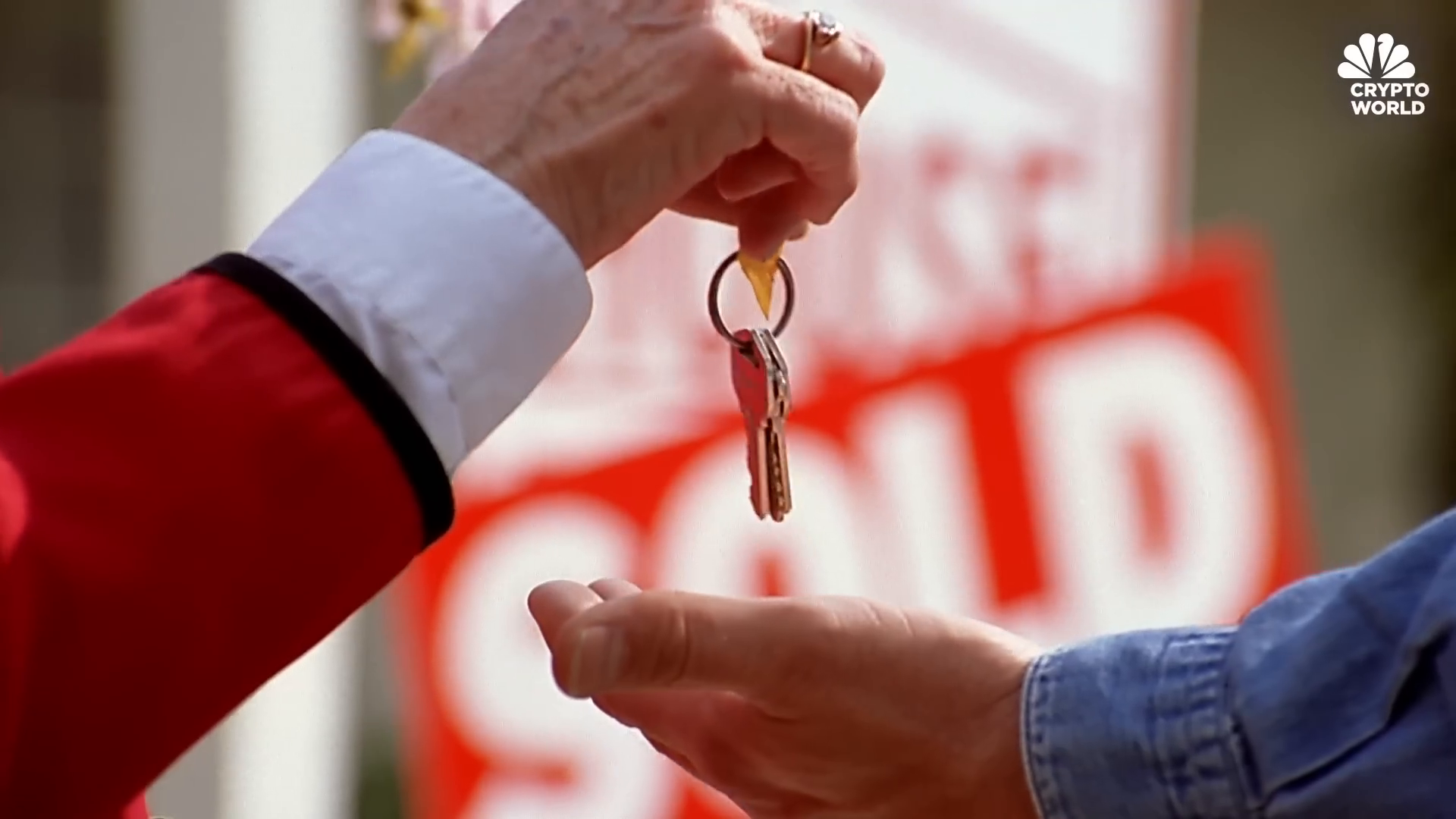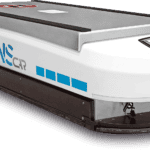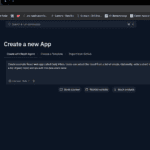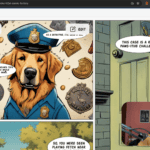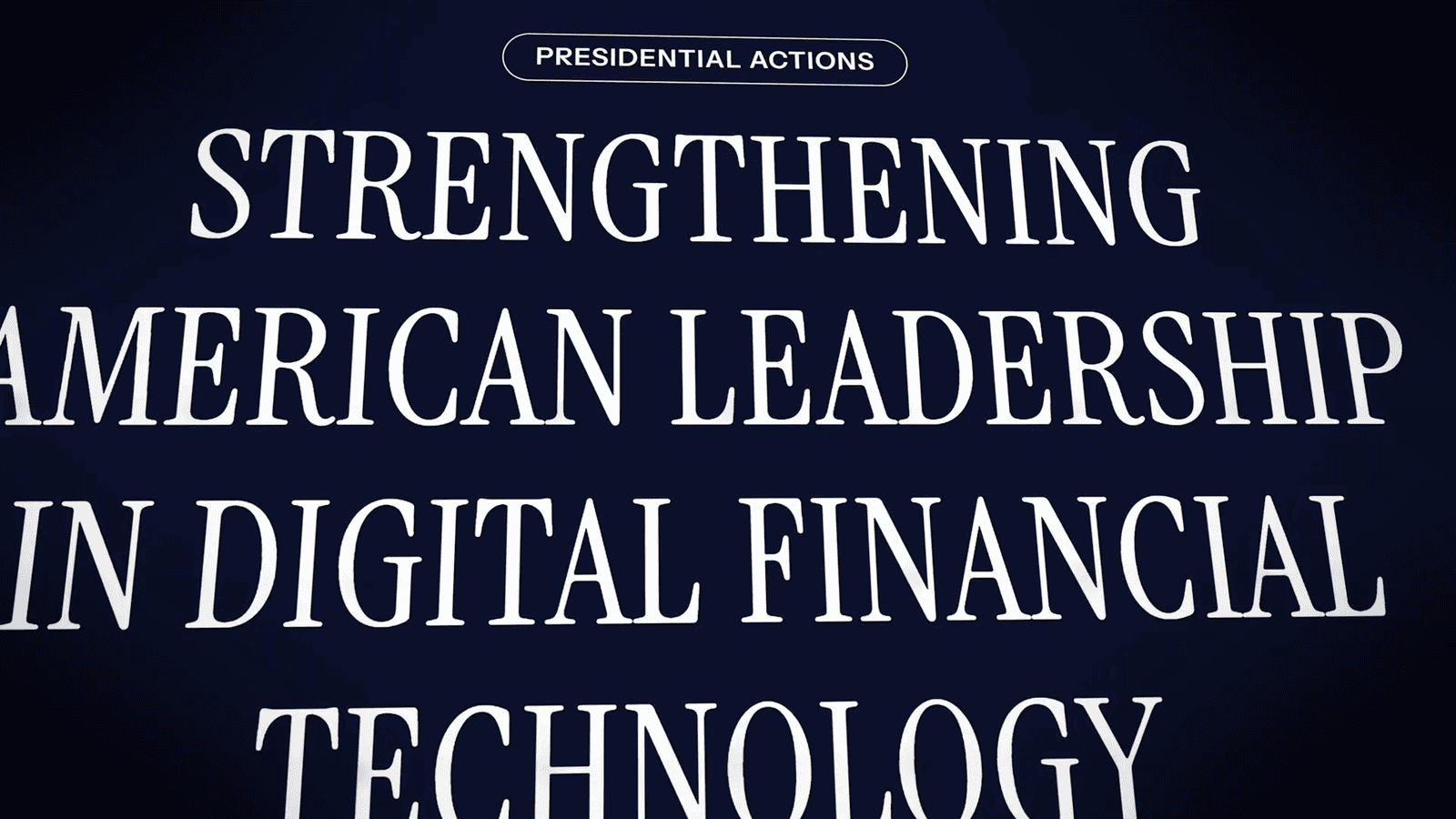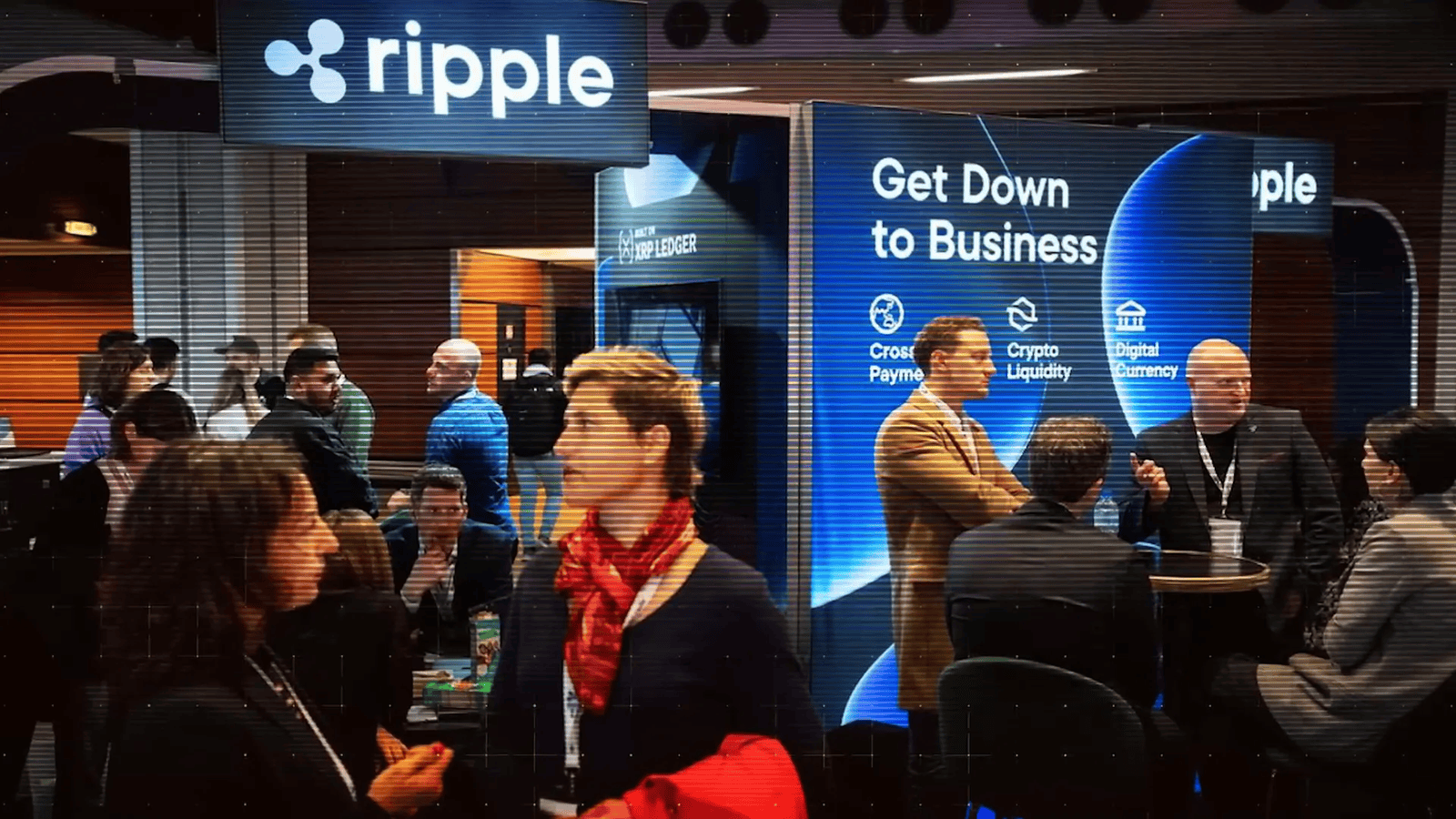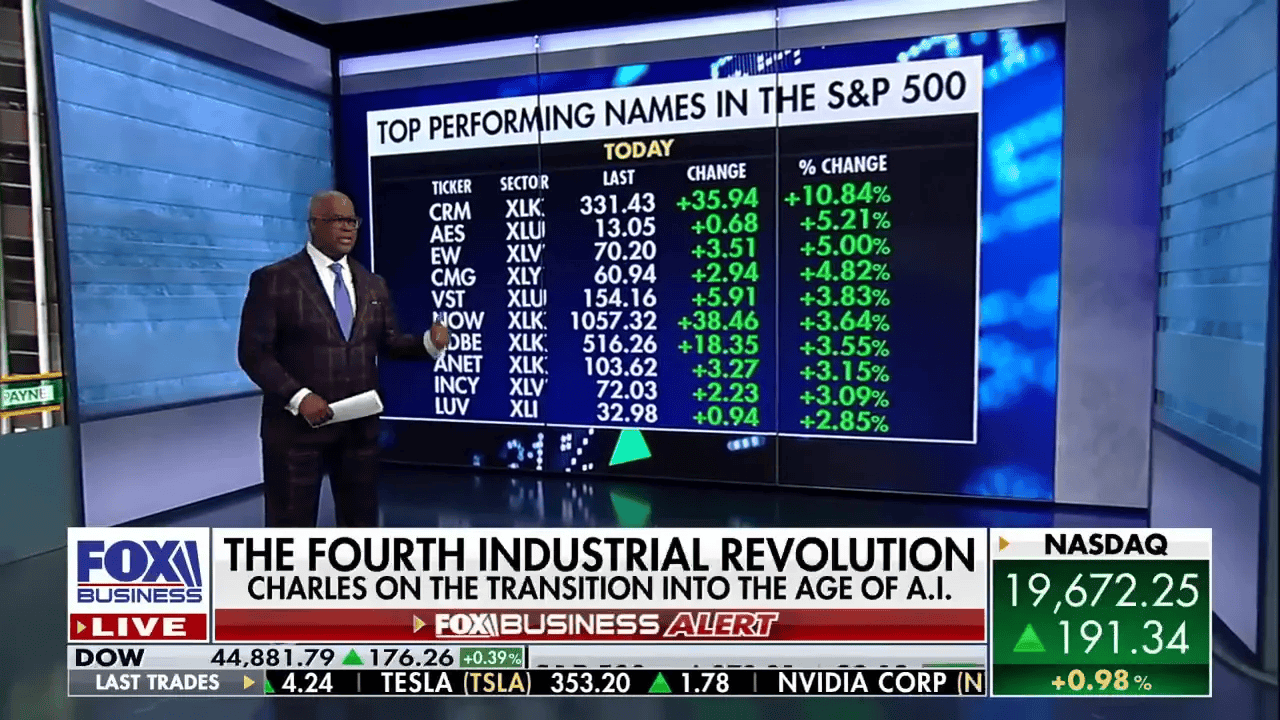Introduction to Real Estate Tokenization
Real estate tokenization represents a groundbreaking shift in property ownership and investment. This innovative approach involves converting the value of real estate into digital tokens on a blockchain, allowing for fractional ownership and potentially transforming the way properties are bought and sold.
In 2018, New York City’s East Village became the site of a pioneering attempt to tokenize real estate. Standing in front of thirteen East and West, this property was Manhattan’s first to explore this novel method of ownership. The project involved tokenizing fractions of a condominium on a blockchain, a move that was seen as a significant step towards mainstream adoption of blockchain technology in real estate.
The initiative was spearheaded by companies Propeller and Fluidity, who aimed to offer an alternative financing method for property development. Despite being praised by the Web3 industry for its potential to revolutionize real estate transactions, the project ultimately did not succeed.
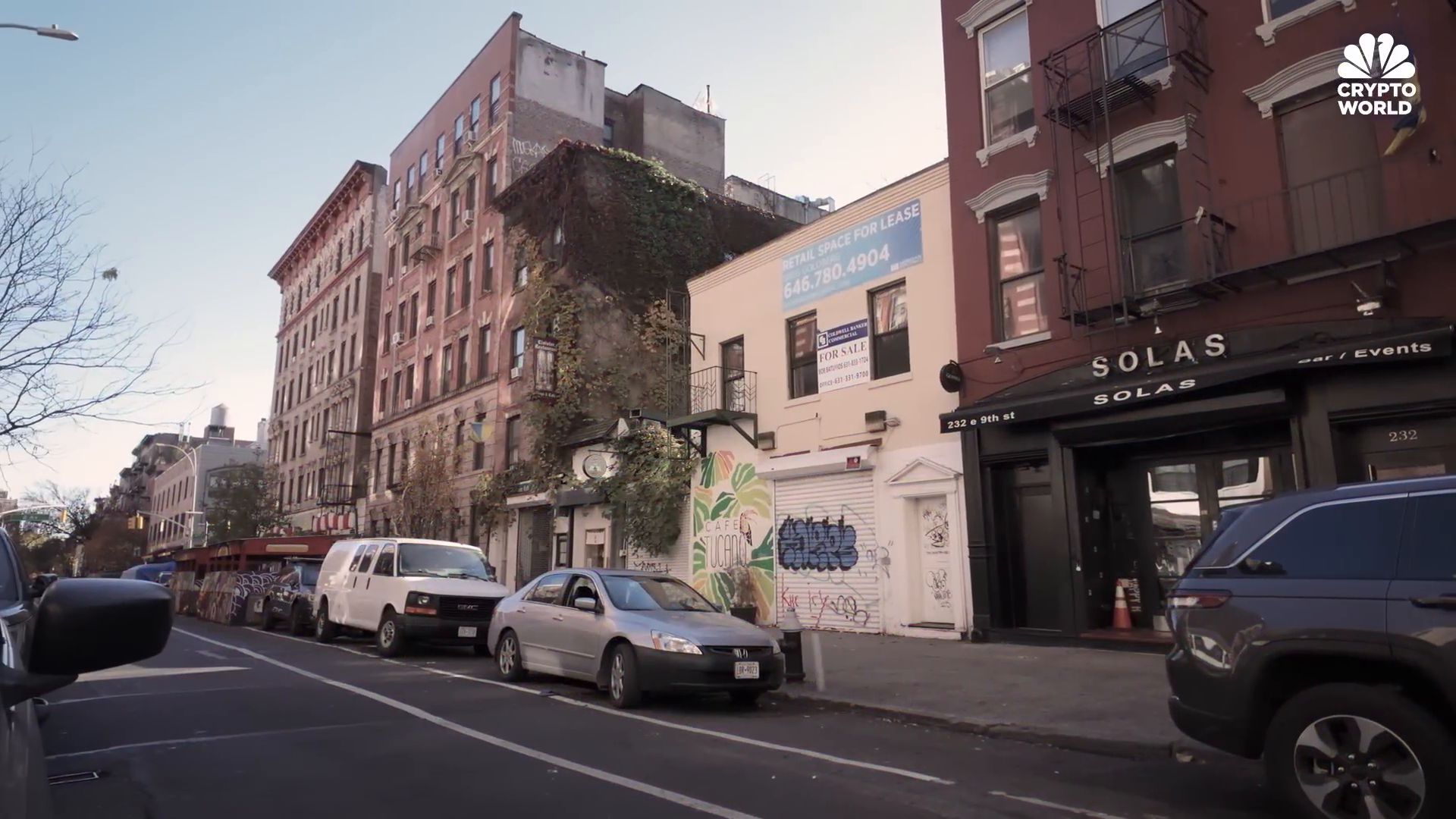
“This is New York City’s East Village, and I’m standing in front of thirteen East and West. Fractions of the condo tokenized on a blockchain. The move was lauded by the Web three industry as a way to take the technology mainstream, but the project ultimately failed.”
Understanding Fractional Real Estate Investment
Fractional real estate investment is an innovative concept that allows individuals to invest in real estate without the need for substantial capital. This approach is gaining traction as it provides a more accessible entry point into the real estate market.
The key benefits of investing into fractional real estate are you don’t need the hundred thousand, the two hundred thousand, the three hundred thousand dollars to get started in it.
Concept of Fractional Real Estate Investment
Fractional real estate investment involves dividing a property into smaller shares or tokens, which can be purchased by multiple investors. This method democratizes real estate ownership, making it possible for more people to participate in the market.
Benefits of Investing in Fractional Real Estate
One of the primary advantages is the lower financial barrier to entry. Investors can start with a minimal amount, such as fifty dollars, to own a fraction of a property. This is particularly beneficial in times when purchasing property outright is challenging for many.
Tokenized Rental Properties and Platforms like Lofty
Platforms like Lofty are at the forefront of this movement, offering tokenized rental properties. These platforms convert houses into tokens that can be traded, allowing investors to buy and sell their shares easily. Properties are typically owned by a Limited Liability Company (LLC) and managed by a Decentralized Autonomous Organization (DAO), where investors have a say in key decisions, such as selecting property managers.
We turn houses into tokens that anyone can trade.
Everyone is an active manager.
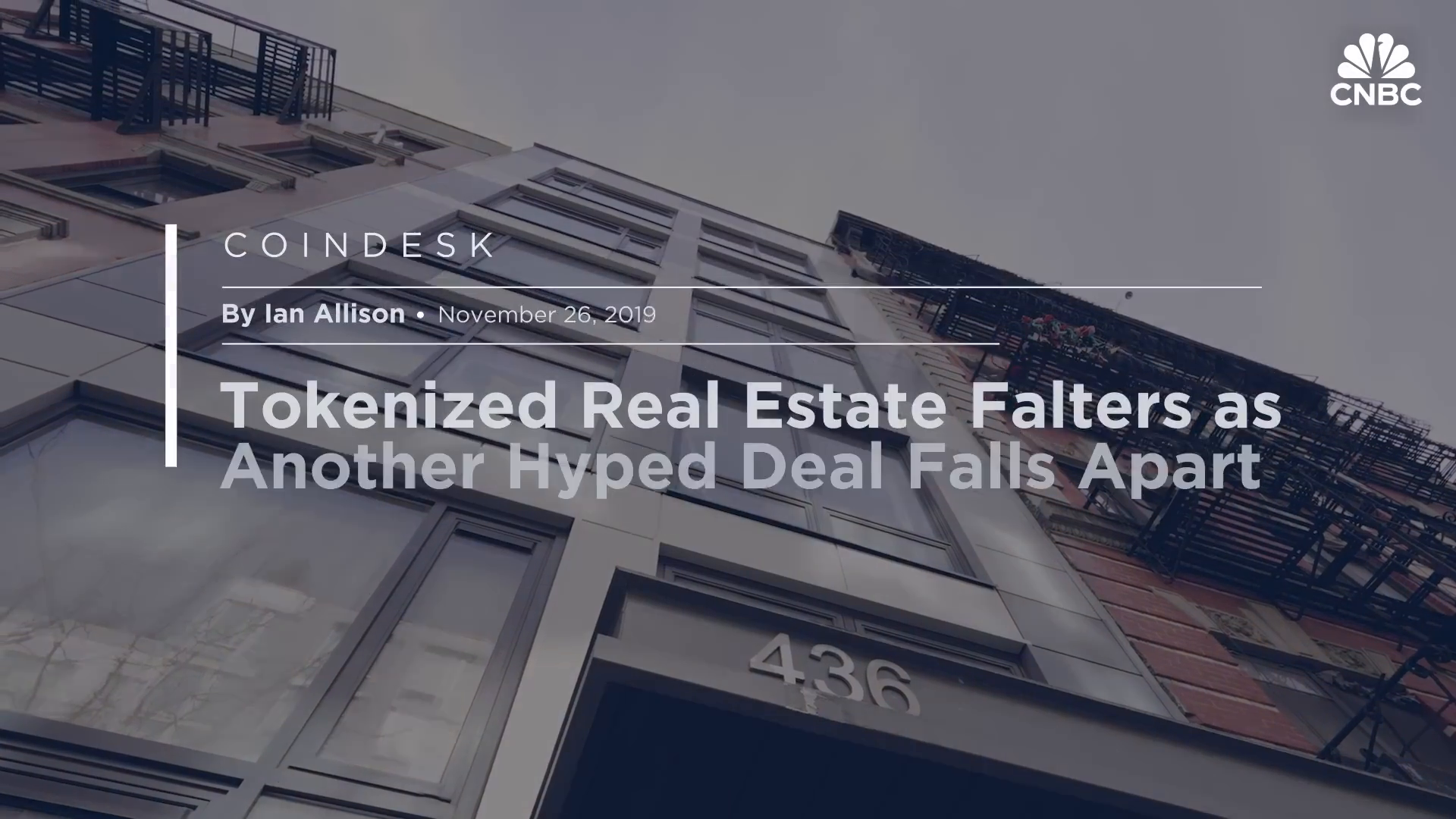
Vesta Equity and Home Equity Tokenization
Vesta Equity offers a unique approach to home equity management by allowing homeowners to sell a portion of their home equity to investors through tokenization. This process involves creating a home equity sharing agreement, which enables homeowners to receive cash by selling tokens. Investors, in turn, can profit from the future appreciation of the property, which increases the token’s value.
For homeowners who have spent years paying off their mortgage, accessing their home equity without incurring additional debt can be challenging. Vesta Equity provides a solution by allowing homeowners to tokenize their assets and access the desired amount of equity. Through Vesta’s marketplace, these homeowners are connected with investors interested in investing in their property.
Homeowners can sell a portion of their home equity to an investor by tokenizing what’s called a home equity sharing agreement.
This method allows homeowners to tap into their home equity without borrowing money, unlike traditional home equity loans or lines of credit. The agreement also safeguards investors by ensuring that the homeowner cannot sell below market value. Importantly, homeowners retain their residential rights and are responsible for paying taxes, maintenance, and insurance, similar to a mortgage situation.
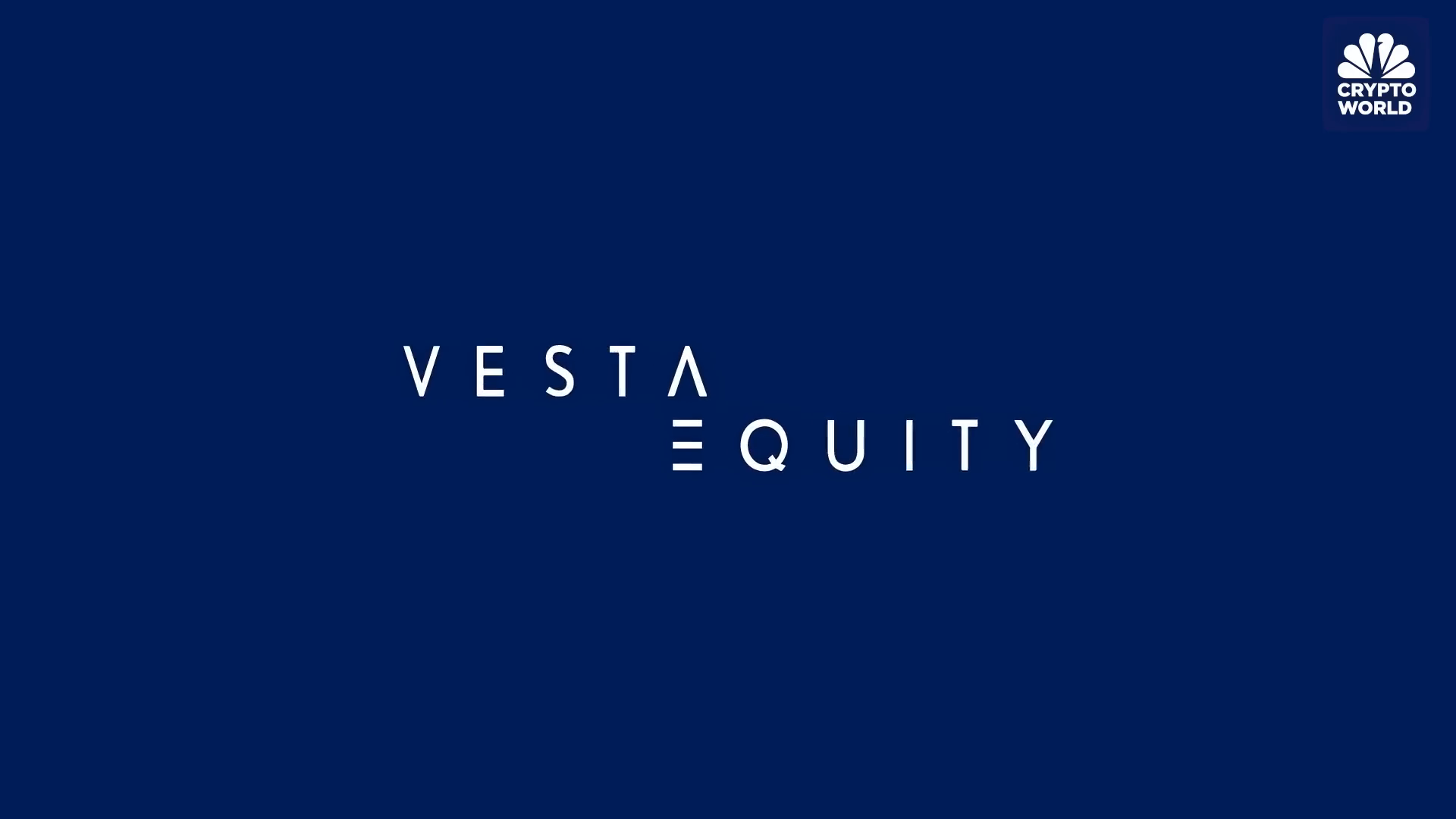
Regulatory Challenges and Compliance
The regulatory landscape for real estate tokenization is complex and evolving. As platforms handle millions of dollars in transactions, questions arise about their ability to operate within U.S. regulations. The U.S. Securities and Exchange Commission (SEC) has been actively pursuing crypto firms, especially after the 2022 market downturn, targeting those offering what it considers unregistered securities.
This regulatory scrutiny has left the industry in a state of uncertainty, trying to discern what qualifies as a security. Many companies are tokenizing real estate by placing it into entities like limited liability companies (LLCs) and issuing tokens that represent ownership in these companies. This method provides indirect exposure to real estate, which the SEC might classify as a security.
“These platforms might be seeing millions of dollars in transactions, but there’s still a question of how they can operate within US regulations.”
The challenge lies in whether the underlying asset can be directly split and tokenized. Companies have varied interpretations of regulatory compliance, with some, like Lofty, using business models that involve buying units in an LLC—a concept that has been around for decades. This approach, akin to pooling resources with family or friends to purchase property, has traditionally not been considered a security.
“We took the approach to be regulatory compliant.”
The SEC’s stance on tokenized real estate remains a critical factor, and companies are adopting different strategies to ensure compliance.

Impact on Communities and Real Estate Market
The concept of trading shares of a property is not entirely new. Publicly traded real estate investment trusts (REITs) have allowed investors to buy shares of companies holding commercial properties since 1960. However, the emerging focus is on specific properties, enabling people to invest small amounts, such as fifty dollars, in iconic locations like Rockefeller Center. While similar to single asset REITs, the goals of these new entities differ significantly.
Real people live in these properties, and it might be too early to tell how tokenization will affect communities.
The impact of real estate tokenization on communities is still uncertain. Interviews with investors in fractionalized real estate platforms reveal that many properties are located in lower-class neighborhoods, raising concerns about evictions and the role of corporate owners in the housing market. Amidst a U.S. home affordability crisis, legislative efforts like the American Neighborhoods Protection Act and the End Hedge Fund Control of American Homes Act of 2023 aim to address these issues by providing down payment assistance and deterring large-scale property acquisitions.
There’s definitely a criticism that making real estate ownership and access easier is going to potentially push up the price.
Real estate tokenization marketplaces, while distinct from hedge funds, still raise concerns about exacerbating affordability problems. Easier access to real estate ownership might drive up prices, making it harder for some to own property. The debate continues on whether to restrict real estate investment or allow market forces to prevail.
The tenant impacts of a DAO governance model also hasn’t been closely studied.
The tenant impacts of decentralized autonomous organization (DAO) governance models remain largely unexplored. In such models, investors have the final say on property management decisions, which could lead to challenges if investors with minimal stakes are involved. This adds a layer of complexity and opacity between tenants and property owners.

Future of Real Estate Tokenization
The future of real estate tokenization holds significant promise, with the potential to transform the way we perceive and interact with property ownership. As the concept of fractional real estate becomes more prevalent, it offers a pathway to make homeownership more accessible. This shift is particularly beneficial for those who may not enjoy the traditional advantages of owning a home.
Historically, homeownership has been viewed as an illiquid asset, something to capitalize on during retirement or when downsizing. However, the ability to treat a home as a more liquid asset, akin to an ATM for equity, challenges the notion of long-term financial security. With approximately $278 trillion in global real estate assets, the journey of tokenization is just beginning.
“It’s gonna be an evolution that takes place over the next ten to fifteen years.”
The vision for the future includes the tokenization of every aspect of a home, including deeds. This evolution could democratize property ownership, allowing anyone to become a homeowner if they desire.
“If ownership of every house in this country is technically fractionalized, you know, there’s technically not a single person who can’t be a homeowner if they want to be.”
